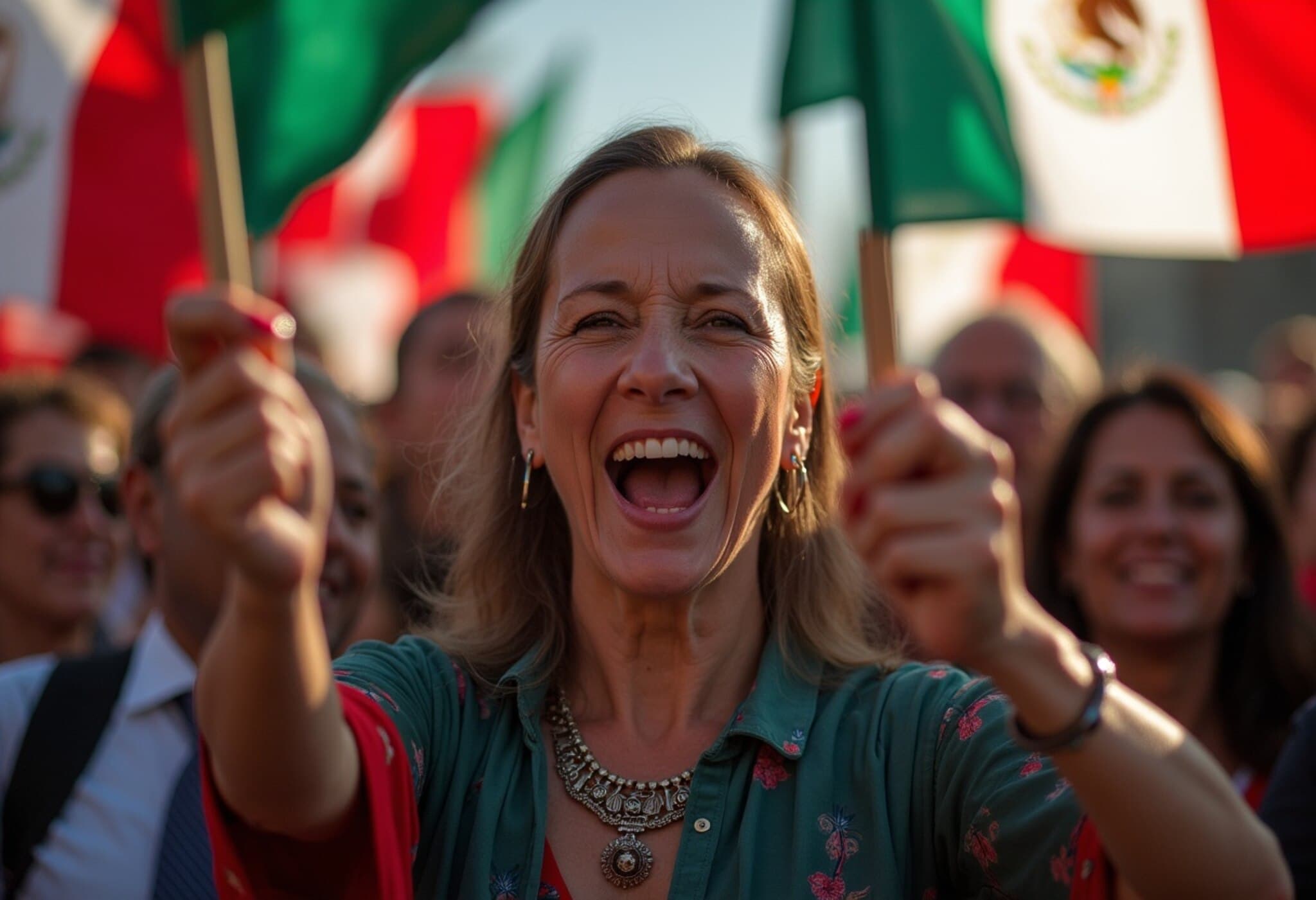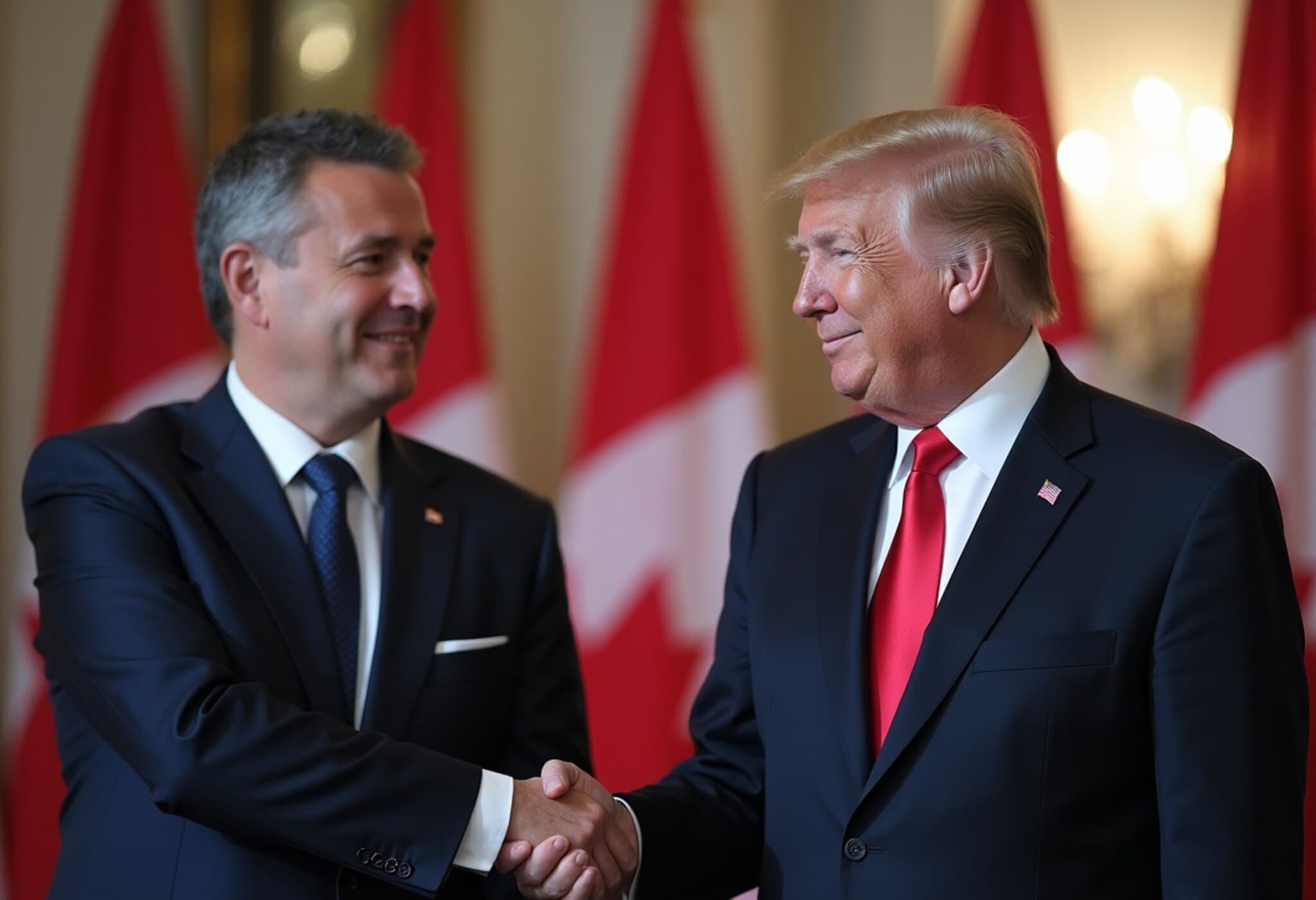Morena’s Rise and the Promise to the Poor
Morena, Mexico’s dominant political force, has long positioned itself as the champion of the common citizen. Their rallying cry, “For the good of all, the poor first,” resonated deeply with millions looking for change from decades of entrenched inequality and corruption.
Luxury Amidst Poverty: A Stark Contradiction
Yet, in recent months, the party’s image has taken a beating. High-profile members of Morena have been spotted living lifestyles that sharply contrast with their pledges—staying at luxurious hotels abroad and reporting incomes in the millions. This discrepancy is jarring for many Mexicans who see these displays as a betrayal of the party’s founding principles.
Enrique Rodríguez, a 23-year-old architecture student and supporter of Morena’s presidential candidate Claudia Sheinbaum, expressed his disappointment: “It does shock you a little. Past leaders had extravagant lifestyles too, but what’s happening now feels like a breaking of trust. Morena was supposed to bring real change.”
The Context: Corruption’s Deep Roots in Mexico
This isn’t a new storyline in Mexico. Corruption, especially among politicians, has long eroded public trust. Morena’s electoral victories in 2018 and 2024 rode on a wave of optimism that the leftist party would break this cycle. They promised inclusive policies targeting the country’s deepest inequalities — and for many, appear to have made strides.
However, the contrast between Morena's political rhetoric and the opulent lifestyles of some of its key figures threatens to overshadow their policy successes. Public frustration grows over whether any political actor in Mexico can truly represent the poor without succumbing to the temptations of wealth and power.
Notable Figures Under Scrutiny
- Andrés Manuel López Beltrán, Morena’s party secretary and son of former President Andrés Manuel López Obrador, has faced criticism for his lavish expenditures during trips abroad. His actions have been emblematic of the contradictions fueling public anger.
- Other elected officials have been reported to hold significant external incomes, raising questions about conflicts of interest and the sources of their wealth.
Implications for Mexico’s Political Landscape
The disillusionment with Morena’s elite circles triggers wider questions about Mexico’s democratic trajectory. Can Morena maintain its grip on power if its base feels betrayed? Will Mexico’s electorate seek a new kind of political accountability, or settle once again for charisma over transparency?
Experts note that while Morena’s policy agenda — focused on social spending, energy reform, and poverty alleviation — is laudable, the party must urgently address internal transparency to prevent further erosion of credibility.
Expert Insight: The Cost of Contradiction
Dr. Ana Martínez, a political scientist at the National Autonomous University of Mexico, warns, “The real risk for Morena is not just losing votes, but deepening cynicism toward all institutions. When politicians who promise uplift live comfortably detached from the realities of the poor, it feeds populist resentment and instability.”
Looking Forward: Accountability and Reform?
In the coming months, Morena’s leadership faces growing pressure to reconcile their public message with the private conduct of their members. Strengthening ethical oversight, enforcing clear financial disclosures, and genuinely engaging their grassroots supporters will be essential steps.
For a nation wrestling with inequality, the stakes could not be higher — the future of Mexico’s social contract may hinge on whether the party of the poor can convincingly walk the talk.
Editor’s Note
Morena’s unraveling image raises critical questions about political authenticity in Mexico’s democracy. It invites readers to reflect: How do political parties balance power with principle? And what mechanisms are necessary to ensure leaders serve the public interest rather than personal gain? As voters nationwide watch closely, Morena’s next moves may redefine trust in Mexican politics.







